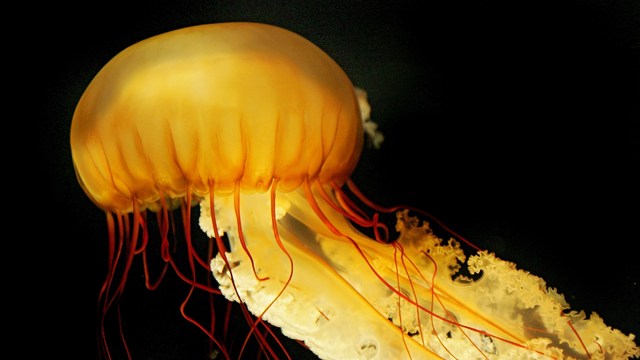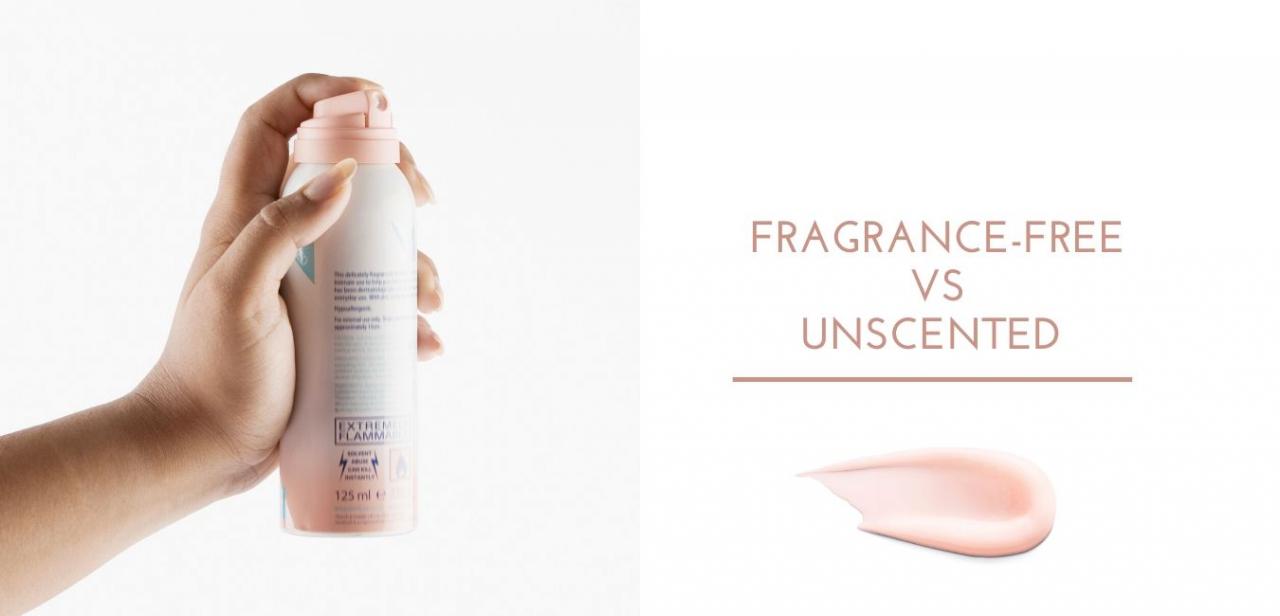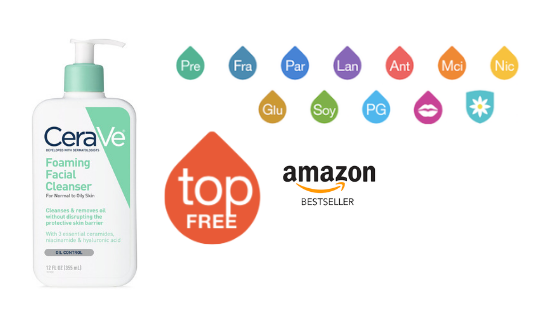 Matt Antonino/PhotoSpin
Matt Antonino/PhotoSpin
My family and I took a week off to head to a beach in the Carolinas recently. It was hot, the ocean was warm and the surf was just right!
But what we did not know was that in our particular area, there was an epidemic of jellyfish that were stinging the majority of people. One group of families we met had 15 children between them and all 15 had been stung.
We only found out about this after a jellyfish got caught between our young daughter’s legs and stung both her legs so badly that she will possibly have permanent scars.
Summer may be winding down for many of us but many others are still in warm climates or heading for the sun for the winter. Jellyfish stings are common but many people don’t know what to do when stung.
Jellyfish are transparent, rounded marine animals with long, dangling tentacles that carry painful (and sometimes deadly in the case of box jellyfish) venom that stings. Run-of-the-mill jellyfish stings of the non-deadly kind can be treated quite easily, although healing can take a long time.
It’s a good idea to have white vinegar with you at the ocean. Vinegar needs to be intermittently poured over the sting.
Seawater is also a good idea and can be used as a method to deactivate the stings. It’s also easily available since the stinging victim is likely on the beach.
Use vinegar or seawater for 20 minutes or so to disable the stings and remove them.
The majority of jellyfish stings will stop hurting within 20 minutes of treatment but itching and pain can remain for days or even weeks. It’s important to use a pain medication cream on the skin like an antihistamine to stop itching. Wearing leggings at night can help stop itching during sleep.
The sting may cause large welts on the skin and itching can produce scabs. Some stings will scar regardless of itching but the more scratching that is done, the more likely scarring can occur.
Another calming method is soaking the area with baking soda or meat tenderizer (be careful of allergens in any products used) to stop painful healing.
Ask lifeguards or people familiar with the area about jellyfish. They are most prevalent from July to October. Avoid beaches that attract them. Check for jellyfish flags (often purple) on the beach.
According to MedicineNet.com, it’s important to “always seek emergency medical care if you are stung by a jellyfish on the face, mouth, eyes, or genital area or if you become severely ill, have difficulty breathing or swallowing, or develop severe pain following the sting. Those swimming in Australia or other areas where box jellyfish may be found should always seek emergency medical evaluation when stung by a jellyfish.”
Severe stings like in the case of our daughter, should be seen to by a medical professional to ensure that there is no infection in the wound and that treatment is ongoing if necessary.
EmpowHER has other beach safety tips. You can read more here:
https://www.empowher.com/wellness/content/your-favorite-beach-safe/
We hope everyone continues to enjoy the joys of the ocean, well into autumn and winter!
Sources:
MedicineNet.com. Jellyfish Sting Treatment. Web. Retrieved Sept 2nrd, 2014.
http://www.medicinenet.com/jellyfish_sting_treatment/views.htm
EmpowHER.com. Wellness. “Is Your Favorite Beach Safe?”. Web. Retrieved Sept 2nrd, 2014.
https://www.empowher.com/wellness/content/your-favorite-beach-safe
Reviewed September 4, 2014
by Michele Blacksberg RN
Edited by Jody Smith




Add a Comment1 Comments
Hi Susan - I'm so sorry to read that your daughter was stung by jelly fish during your vacation. How nice of you to take the knowledge you gained in looking out for your daughter and share it with others! I hope your article will help others avoid what you and your daughter went through, and wish you and your family all the best in putting this experience behind you and enjoying the more pleasant aspects of your vacation.
Best,
Pat
September 5, 2014 - 6:26pmThis Comment